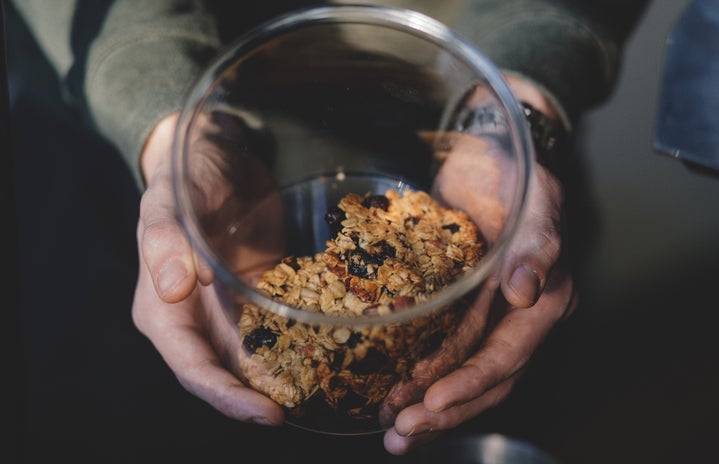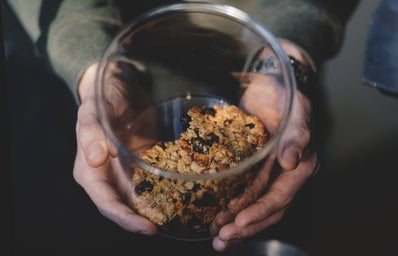When I was in pre-K, I distinctly remember sitting on the floor with my classmates in front of our teacher as she asked us to stand up one by one and tell the class what our favorite food was. I listened to my peers’ answers, hearing “pizza” and “mac and cheese” over and over again. However, when it was my turn to get up in front of everyone, I didn’t need to think about my answer at all. I simply said “lasagna,” not expecting to get the reaction I received.
Almost at once, my entire class simultaneously groaned in disgust. I could feel my little 4-year-old face redden as I sat back down, feeling ashamed and confused as to why everyone thought my answer was so disgusting. I felt even worse when the teacher’s assistant tapped me on the shoulder, bent down, and whispered, “I think lasagna is delicious.” Her patronizing words and the students’ droned out “ew”s are still ingrained in my mind today, and it all stems from a central problem: kids aren’t taught how to be accepting of foods that are unfamiliar to them.
With the holiday season coming up, massive amounts of food are about to be produced from our kitchens. However, not every house will have the same types of food at their dinner table. For example, as Korean-Americans, my family typically mixes the traditional Thanksgiving dinner of turkey, mashed potatoes, stuffing, etc. with a variety of Korean dishes. When I was younger, I always kept the latter half of our Thanksgiving meal a secret from my friends because I feared they would make the same faces and noises of disgust that my pre-K class made all those years ago.
To be frank, I still do that sometimes if I don’t feel like risking my psyche. It’s truly an awful feeling when someone verbally attacks a part of your life that is as simple as the food on your plate, even if they’re doing it unintentionally. No one should have to feel as if they need to hide their culture’s food out of fear of judgement by the people around them.
I believe that it’s vastly important for parents to teach their kids from a young age that not everyone will be eating the same foods as them. This principle goes for all races, not just your average, white American family. By exposing kids to different cultures and their meals, they will gradually understand that the world doesn’t circulate solely around the foods they are accustomed to, and therefore, they will be accepting of the foods their friends enjoy. It’s especially important to teach this to younger children because if a parent tries to instill this type of acceptance into a teenager or young adult, it’ll be a tough uphill battle. Chances are, these guys already know what they like to eat and anything else is essentially a big red flag that means: Oh God, no! Don’t eat that!
Of course, there’s a difference between simply not liking a food because of the flavor or texture, and not liking a food purely because it’s new to us. In saying this, I believe that it’s a parent’s job to push their kids out of their tastebud-comfort-zone in order for them to become more aware of the world that surrounds them and to expand their cultural horizons. I mean, look at Neil Patrick Harris’ family. He and his husband, David Burtka, are introducing foods like “scrambled eggs with ricotta” and “curried carrots” to their babies! Needless to say, those cute lil’ ones most likely already have a palate more extensive than a lot of adults in America!
I think that teaching people about embracing different foods is a baby-but-still-vital-step towards a more united and accepting nation. The United States is claimed to be a melting pot for people of all different backgrounds, but it’s hard to melt together when such a large gap divides us and forces us to hide parts of who we are.
Sources: 1



